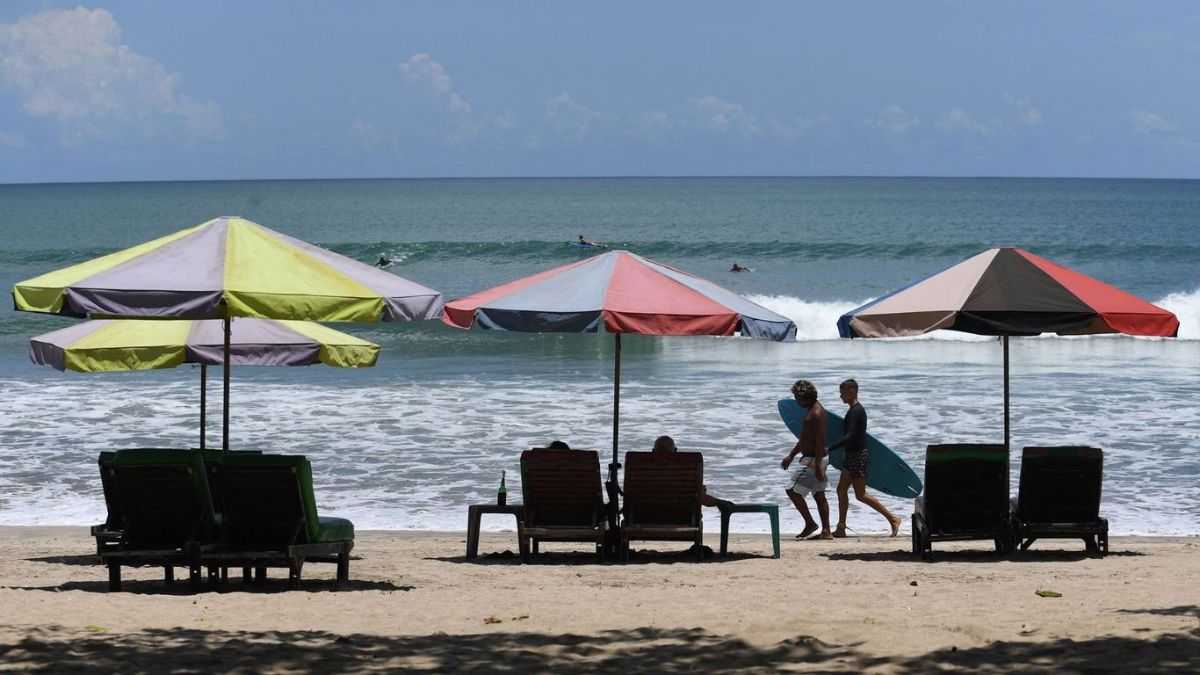Multiple second residences and residential structures in Goa are being utilised for tourist stays by people from outside the state without informing the Goan authorities, state tourism minister Rohan Khaunte said in the assembly on Monday.
He also stated that the Goa government is regularly monitoring lodgings offered on online travel agency (OTA) platforms to ensure they are legally registered with authorities.
His statement came when BJP MLA Michael Lobo raised the matter in the House, claiming that homestays functioning in residential communities are causing difficulty for locals by attracting disruptive tourists.
Responding to the Zero Hour mention, Khaunte stated, “Regular watch is kept on accommodations listed on OTAs. They are actively monitored.”
He said, “The government has ensured all inventory of hotel rooms, guesthouses and other stays linked with OTA platforms are registered with the tourism department.”
“Many second homes and residential buildings are being misused for tourist stays without informing the authorities. The people who come to these second homes and operate as tourist accommodations often do so without proper registration,” he added.
“The Goa government will work towards finding a sustainable solution that protects the interests of both residents and the tourism sector,” he assured the assembly.
Later, addressing the reporters, Khaunte stated that the Goa government has updated its Homestay Policy to address critical difficulties confronting local people working in the hospitality business in the coastal state’s rural regions.
Impact Shorts
More ShortsA direct grant of Rs 2 lakh will now be provided to eligible applicants to establish homestays, replacing the previous reimbursement-based model that posed financial challenges for many rural households, he said.
“The original policy required beneficiaries to invest first and claim the amount later, which was not practical for women in rural households,” he told reporters on the margins of the state assembly’s ongoing monsoon session.
“Based on their feedback, we have made the necessary changes to ensure the policy is inclusive, accessible and truly empowering,” says Khaunte.
The updated legislation would apply to homestays with one to six lettable rooms within the owner’s property, particularly in rural regions, according to the ministry.
“While the registration is permitted across Goa, incentives will be limited to non-coastal, non-urban zones to ensure the policy’s rural focus is preserved,” added the official.
Khaunte stated that the project is profoundly founded in women’s empowerment, since homestays would be administered mostly by household women.
“This is not just about adding inventory to our tourism ecosystem, it’s about creating livelihood opportunities, preserving cultural heritage, and giving rural women a leadership role in community-based tourism,” he said.
The tourist department will launch the application procedure for taking advantage of this program once the current assembly session ends on August 8, he added.
100 homestays will be supported under the scheme in the initial phase, the minister said.


)

)
)
)
)
)
)
)
)



